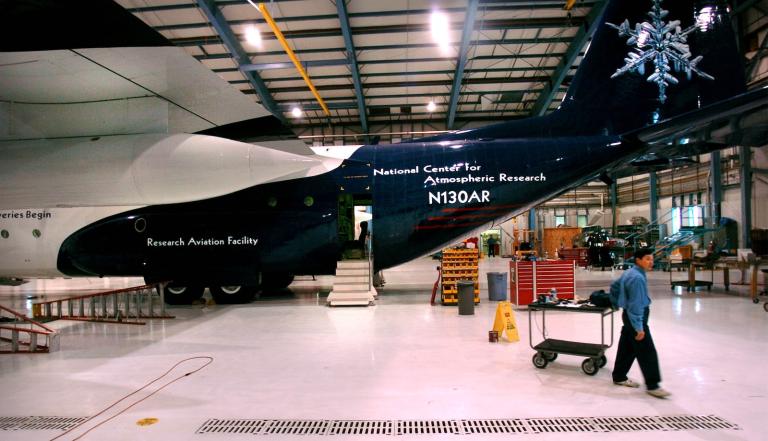As E&E News (subs. req’d)reports today:
An industry group released standards yesterday for carbon dioxide offsets in the hopes of attracting existing and still-forming emission-trading markets.
Secure · Tax deductible · Takes 45 SecondsSecure · Tax deductible · Takes 45 SecondsThe Voluntary Carbon Standards (VCS) are aimed at evaluating clean-energy projects in developing countries that are used to offset industrialized nations’ emissions of greenhouse gases under the Kyoto Protocol’s Clean Development Mechanism.
You can read all about the new standard on their website. I am not terribly impressed with this new standard. Among other things, it allows tree projects (no, and no!). They also didn’t consult with a lot of environmental groups, and as I pointed out to E&E News and WWF, their website has this bizarre and I think inappropriate listing under board members:
James Leape, WWF International (invited)
Seriously. How do you list an invited — but not accepted — board member on your website? Especially from an organization that seriously criticized the previous draft of your offset standard.
The rest of the E&E article, with quotes from me and WWF, is below:
The standards were written by the Climate Group, the International Emissions Trading Association and the World Business Council for Sustainable Development. The association comprises about 170 companies, including Shell Oil Co., Statoil, the New York Mercantile Exchange, BP, Chicago Climate Exchange and General Electric Co. The Climate Group includes Duke Energy, Alcan, News Corp. and others.
A distinction between the standards unveiled yesterday and others currently in use is in how they calculate “additionality,” or an offset project’s emission reductions compared to baseline emissions.
The new standard offers three tests: a project must face technological, financial or institutional barriers; it must generate fewer emissions than comparable “business-as-usual” projects; or it must fall under a pre-approved list of projects determined by the system.
Jonathan Shopley, executive director of British offset purveyor CarbonNeutral, said in an interview the new guidelines would “allow carbon trading to reach into a number of countries in Africa, Asia and Latin America that have not yet set up the Kyoto mechanism.”
The total value of CO2 emissions trading markets will likely double to at least $60 billion this year, the International Emissions Trading Association said last month. Offsets are valued at about $5.8 billion per year, according to CarbonNeutral.
Other guidelines
The new standards are entering a marketplace with several other offset guidelines.
For example, the Gold Standard — hatched by the advocacy group World Wildlife Fund (WWF) — gives credit for renewable energy and energy efficiency projects, while the standards released yesterday would cover reductions in all six gases regulated by Kyoto. And the Gold Standard uses the U.N. Framework Convention on Climate Change’s definition of additionality, which entails gauging the cost-effectiveness of a given project against various alternatives.
Gold Standard spokeswoman Caitlin Sparks said the industry group’s method of measuring projects’ effectiveness and its inclusion of offsets for planting trees or restoring damaged forests risks “opening the doors to additional credits” that do not promote “clean energy” technologies. Kyoto’s CDM has also been criticized for rewarding one-time emissions cuts rather than long-term efficiency gains.
In stakeholder comments on a draft version of the standards, WWF said the proposed guidelines would “certainly verify non-additional [emissions reductions] and legitimize false claims of carbon neutrality from buyers.”
[Ouch!]
Joe Romm, a former Energy Department assistant secretary and currently of the liberal Center for American Progress, said advocacy groups wield considerable power in approving voluntary compliance schemes.
“The single most important players in the offset market from a perspective of credibility are the environmental groups,” Romm said.
With that in mind, the Voluntary Carbon Standard site lists WWF international director general James Leape as having been “invited” to its board of directors.
Matt Banks, a senior officer with WWF’s climate program, said he had not been aware of Leape’s inclusion. “I don’t particularly appreciate them putting it on their Web site if he hasn’t confirmed it,” he said. “So far, they did not reach out a whole lot to us environmental NGOs.”
U.S. prospects
VCS is set to approve the California Climate Action Registry as compatible with its criteria. The California registry was established by state laws as a nonprofit voluntary registry for greenhouse gas emissions. But VCS’s prospects look hazy elsewhere in the United States.
The eight-state Regional Greenhouse Gas Initiative has its own standards for offsets, which it limits to no more than 3.3 percent of a company’s total obligation under normal trading conditions. And the California Air Resources Board last month adopted an in-house standard for forestry offsets, which state officials had been working on for four years.
Air board spokesman Stanley Young said California is researching standards for other offsets to accompany its global warming law, which is set to take effect in 2009.
In stakeholder comments on the draft VCS, California Climate Action Registry — which came up with the forestry standards — warned: “The goal of a single global standard and concomitant currency for the voluntary carbon market, while ultimately worthy of pursuit, may not be realistic in the short term.”
This post was created for ClimateProgress.org, a project of the Center for American Progress Action Fund.



